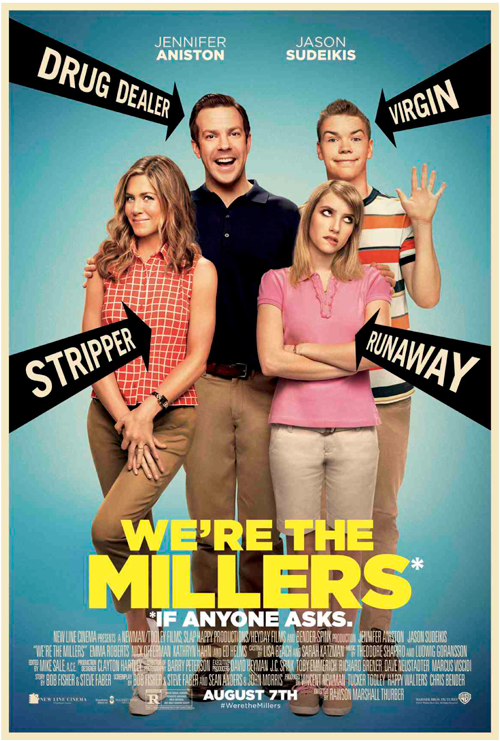Originally started in the early 1900s by four Polish immigrant brothers as a simple movie theater business, following several decades of growth, Warner Brothers Pictures was formally incorporated in 1923 as a fully-fledged film studio. Since then, Warner Brothers has remained at the forefront of the film business and a pioneer in technologies like synced sound and color film. Over the years, Warner Brothers produced such film classics as Casablanca, A Clockwork Orange, Goodfellas, and Blade Runner.
One of Warner Brothers’ most iconic films also contains one of the earliest and most celebrated gay-coded characters in mainstream American cinema; Sal Mineo’s tragic Plato in 1955’s Rebel Without a Cause. Other notable inclusive films released by Warner Brothers over the years include Dog Day Afternoon (1975), The Color Purple (1985), Interview with the Vampire (1994), and Midnight in the Garden of Good and Evil (1997). Notably, nearly every one of those films was based on source material that included LGBT characters to begin with. More recently, Warner Brothers has also released inclusive films like Alexander (2004), Kiss Kiss Bang Bang (2005), V For Vendetta (2005), and J. Edgar (2011).
WE'RE THE MILLERS
Four people pose as a family to smuggle a drug-filled RV out of Mexico, but before getting very far they’re stopped by a male Mexican police officer who offers to let them go if one of the male characters performs a sex act on him. The cop is quite explicit about preferring the company of men, though he predominantly exists for the film to set up gay-panic jokes while perpetuating negative stereotypes about both gay men and Mexican law enforcement. Later in the film, the characters pretending to be a married couple are hit on by another straight couple interested in swinging and who both initiate same-sex flirtation, though it’s never clear if their attraction goes beyond mere curiosity. It’s also another excuse for the film to indulge in further gay-panic humor.
 THE HANGOVER PART III
THE HANGOVER PART III
The third film in the popular Hangover franchise once again features the character of Leslie Chow, an insane, rude criminal who has appeared in every film so far. A walking joke, the films have all depicted Chow as gay (or at least very attracted to other men) simply to create even more moments meant to make the audience laugh or squirm. The homophobic humor in the first film was widely criticized, while the second also contained a transgender character meant to gross out the audience. Part three improves over the first two, but Chow remains a problematic character who at one point says to one of the protagonists, “Want Chow to blow your d***?….I could be a good wife to you!” With LGBT characters so incredibly rare in films of the Hangover series’ reach and popularity, it’s disheartening that this offensively constructed character also stands out as one of the most significant among the 2013 releases.
 GRUDGE MATCH
GRUDGE MATCH
Two former boxing rivals come out of retirement to stage a fight in Grudge Match, which features former boxing movie stars Sylvester Stallone and Robert DeNiro. The two find themselves in a men's jail cell after a public brawl, which also includes a transgender woman dressed like a sex worker who gets one line. Thankfully she isn’t on the receiving end of any verbal (or physical) abuse, but otherwise she is simply there to provide “urban color.” Another early scene features a butch female heckler referred to as “sir” at a comedy club who is probably meant to read as a lesbian, though she certainly doesn’t stick around long enough to confirm this. The film also contains several gay-baiting jokes in the guise of “tough guy” banter that feels as outdated as the over-the-hill boxers saying them.
LOOKING FORWARD
Though GLAAD counted three LGBT characters in Warner Brothers’ 2013 releases, each one was a negative representation to some degree. These characters are disappointing throwbacks to a time when members of our community only appeared in Hollywood films to make an audience uncomfortable or set up a joke. Particularly in their comedies aimed at young male audiences, Warner Brothers has a lot of growing up to do.


 THE HANGOVER PART III
THE HANGOVER PART III GRUDGE MATCH
GRUDGE MATCH










